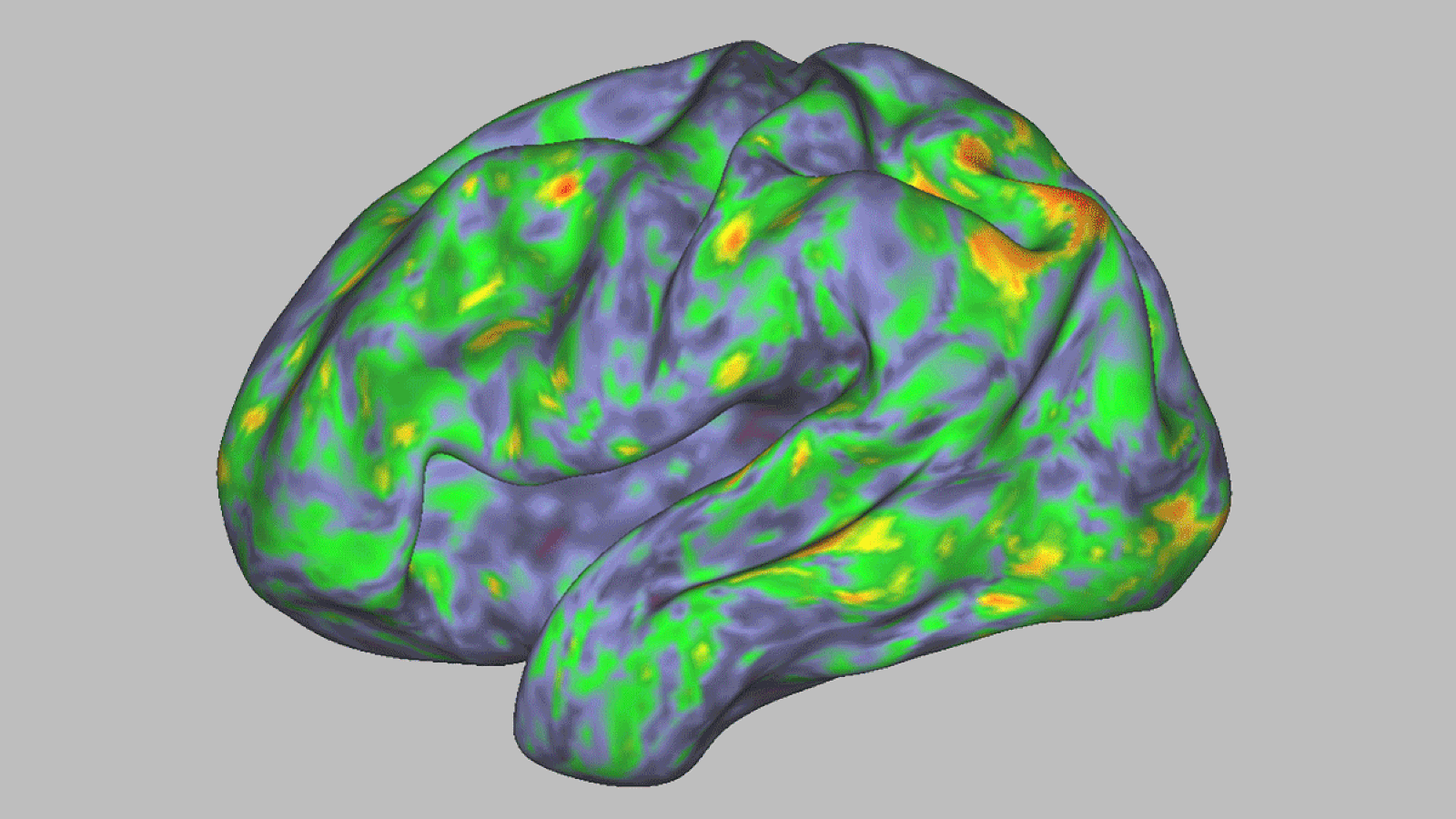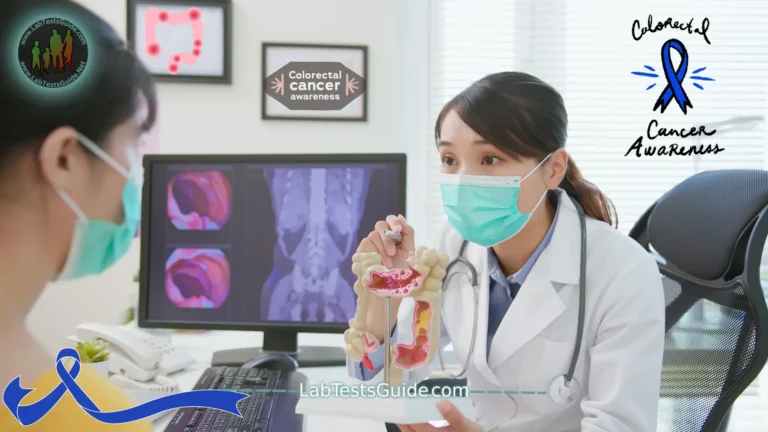Recent studies reveal that psilocybin, found in magic mushrooms, causes significant changes in brain activity, offering potential treatments for depression and other mental health conditions.

Psilocybin in Magic Mushrooms: Profound and Lasting Effects on the Brain Revealed
ST. LOUIS — Recent research has uncovered how psilocybin, the active compound in magic mushrooms, significantly alters brain function, shedding light on its potential to treat depression and other mental health disorders.

A groundbreaking study by Washington University School of Medicine in St. Louis found that psilocybin temporarily disrupts the brain’s default mode network (DMN), a key player in introspective thinking and self-reflection. This disruption leads to a unique state of consciousness marked by altered perceptions of time and space.
Researchers used functional magnetic resonance imaging (fMRI) to observe brain activity in participants who consumed psilocybin. The vivid, kaleidoscopic brain scans revealed a significant reduction in the synchronicity within the DMN, akin to a “neural storm.” Interestingly, while the brain largely returned to its normal state post-trip, subtle changes persisted for weeks.
Study Details
Dr. Joshua Siegel, the study’s lead author, explained that the research involved seven healthy adults who had previous psychedelic experiences. Participants were given either a high dose of psilocybin or methylphenidate, a stimulant used as a control to mimic physical arousal without inducing psychedelic effects. Each participant underwent 18 brain scans before, during, and after their psilocybin experience to track changes in brain activity.
The results showed that psilocybin caused a massive decrease in the synchronicity within the DMN, disrupting normal brain activity patterns. This network, typically active during daydreaming and self-reflection, plays a crucial role in maintaining an individual’s sense of self. The scans also showed that the disruption extended to the anterior hippocampus, a region associated with memory and spatial navigation, for up to three weeks after the psilocybin dose.
Implications for Mental Health Treatment
Dr. Siegel noted that these findings could explain why psilocybin shows promise in treating mental health disorders like depression. The persistent changes in brain connectivity suggest that psilocybin enhances neuroplasticity, allowing the brain to form new, healthier thought patterns. This flexibility could help patients break free from negative cognitive cycles, a common feature in depression and anxiety.
Dr. Nico Dosenbach, a senior author of the study, emphasized the unexpected scale of psilocybin’s impact on the brain. “Psilocybin, in contrast to any other drug we’ve tested, has this massive effect on the whole brain that was pretty unexpected,” he said. “It was quite shocking when we saw the effect size.”
Future Research and Clinical Applications
The study’s insights are poised to inform the development of psychedelic-assisted therapies. By understanding the precise neural mechanisms through which psilocybin affects the brain, researchers can better tailor treatments to maximize therapeutic benefits while minimizing risks.
Dr. Jan Ramaekers, a professor of psychopharmacology at Maastricht University, highlighted the potential for psilocybin to offer long-term relief from mental health conditions, albeit with the need for periodic treatments. “Treatments with psilocybin, even though they are effective, don’t last forever,” he said. “At some point, they need to be done again.”
Visualizing the Psychedelic Experience
The brain scans provided a striking visualization of psilocybin’s effects, resembling a heat map with vibrant reds, oranges, and yellows indicating significant departures from normal activity. This imagery offers a compelling glimpse into the neural dynamics underpinning the psychedelic experience.
Ceyda Sayali, a cognitive neuroscientist at the Center for Psychedelic and Consciousness Research at Johns Hopkins University, noted that these visualizations help demystify how psychedelics alter brain function. “This is something that has never been shown before,” she said, referring to the dynamic changes observed during the participants’ psilocybin experiences.
Conclusion
The study by Washington University School of Medicine marks a significant step forward in understanding how psilocybin influences brain activity and its potential therapeutic applications. By demonstrating that psilocybin can create lasting changes in brain connectivity, the research opens new avenues for developing treatments for depression, anxiety, and other mental health disorders.
As research into psychedelics continues to evolve, these findings underscore the importance of controlled, clinical settings to harness the full therapeutic potential of compounds like psilocybin. With further investigation, psilocybin could become a cornerstone of innovative treatments that offer hope to millions of individuals struggling with mental health challenges.
This article is for informational purposes only and is not meant to offer medical advice.
References:
Psilocybin in magic mushrooms can influence brain for weeks, study finds
Magic mushrooms temporarily ‘dissolve’ brain network responsible for sense of self
Possible References Used






